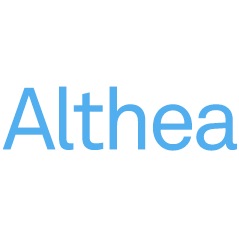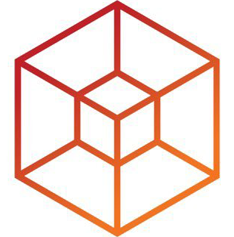What are Service Nodes
Blockchain Service Nodes (SN) are special service providers which provide traditional Internet services such as hosted datacenter and ISP services. There are some major differences between SNs on blockchain networks and legacy service providers. For one, SNs use blockchain networks to mathematically prove that they have successfully provided their services, on a per transaction basis, and they stake a collateral on the blockchain network which they can lose as a penalty for failing to provide the services. Second, SN’s don’t advertise to consumers in the traditional B2C or B2B fashion, rather they are part of a near instant, decentralized and automated marketplace where parties place bids for services they require and SNs place offers . These marketplaces are a core component of the blockchain protocols.
Service Nodes require blockchain networks that have built in functionality to verify the tasks that the SN’s perform and such blockchains have been developed for the purposes of adjudicating and auditing video rendering and transcoding, file storage and wireless network access. At BVI, we believe blockchain enabled decentralized service layers like these will be the next evolution of global scale communications networks.
BVI's Value Proposition
Service nodes require a significant capital investment for the required collateral and equipment, plus, a deep technical expertise to operate. BVI has created the M-NODE platform which provides customers with the ability to pool funds that can be aggregated to provide fully managed Service Nodes.
BVI is an early entrant in this space and currently operates Service Nodes in the communications, file storage and identity sectors, through its M-NODE division. A more thorough explanation of the SNs follows, together with the specific blockchain networks that BVI supports.
Wireless Networks
M-NODE supports the provisioning and management of Wireless Mesh access points on the Helios, Ammbr and Althea public blockchains, this would allow, for example, an individual to turn their home router into a mini ISP or a shopping mall to do the same, the network as a whole would be essentially a new, crowdsourced global telecommunication network.
Mixnets and decentralized messaging network
On the Internet network, email and instant messaging can be tracked. A mix network or “mixnet,” on the other hand, (taking its name from the proxy servers it employs, called “mix service nodes”) obscures the metadata left behind when data passes through a network. Due to incentives provided to service nodes via crypto-economics, there has been a surge in instant messaging and email solutions running on mixnets. BVI currently operates service nodes for the Oxen based mixnet (Lokinet) and intends to launch service nodes for Elixxir, a blockchain based mixnet developed by pioneering computer scientist, David Chaum. These mixnets currently power many popular privacy preserving instant messaging networks.
File Storage
Blockchain networks allow the creation of decentralized file storage marketplaces where parties can sell the excess capacity of their in house storage and where the network as a whole acts as a unified, global-spanning storage cloud. This creates a system with far more competition and vastly increased resilience and fault tolerance in the storage network. BVI aims to provide infrastructure for file storage systems that are currently being developed on the Chia blockchain network, developed by Brahm Cohen, the founder of Bittorrent.
Decentralized Identity
Blockchain driven decentralized IDs are a new type of globally unique identifier. They are designed to enable individuals and organizations to generate their own identifiers using systems they trust. These new identifiers enable entities to prove control over them by authenticating using cryptographic proofs such as digital signatures.
At the same time, independent third party notaries can make assertions about these identifiers, confirming whether they have certain rights and privileges. For example, a chatbot could have its self signed identity approved by BVI as a bot that meets its stringent criteria and any other could easily verify that BVI has made such an assertion without interacting with us further, unlike current validation authority architectures. BVI believes that communications protocols will move to decentralized “Self Sovereign” ID and as such we are an official validation authority for the leading Self Sovereign ID blockchain network, Indicio.
Federated Learning
Federated learning (FL) is a decentralized machine learning procedure to train machine learning models with many data providers, at Internet scale. Instead of gathering data on a single server, the data remains with the data providers and the algorithms or predictive models travel between them. FL will be a major enabler of conversational AI and blockchains play a central role in ensuring data integrity and privacy on FL networks. BVI intends to operate infrastructure and hosted node services on the fetch.ai network.







